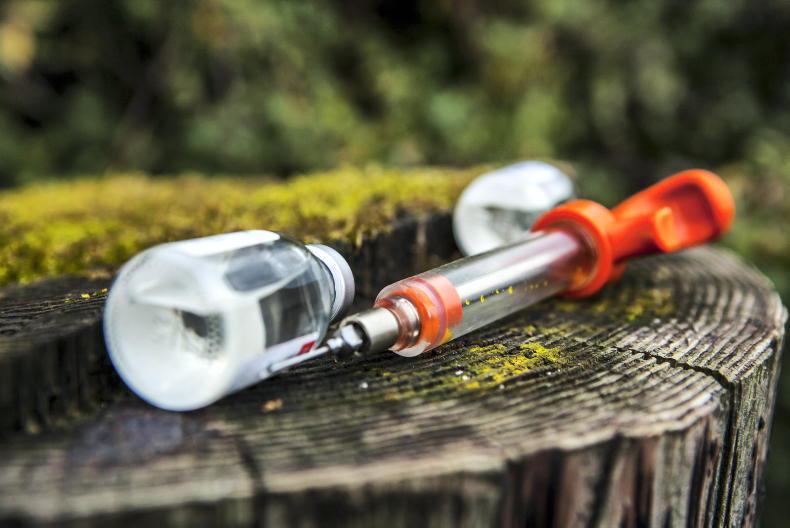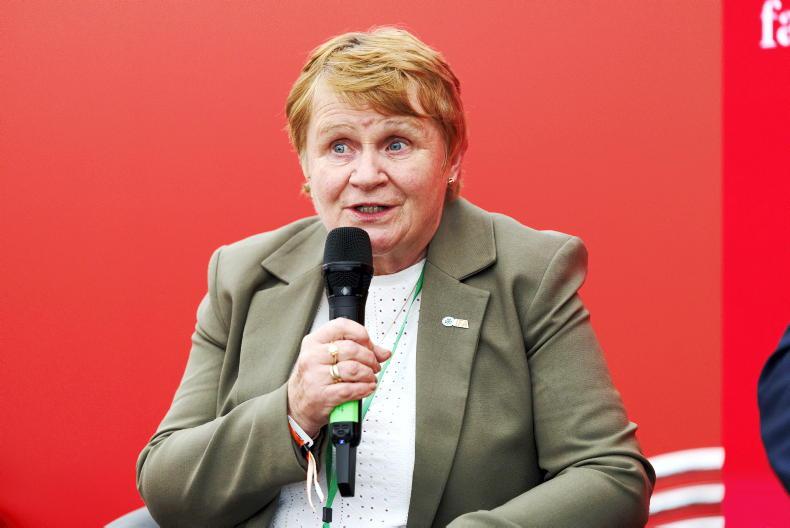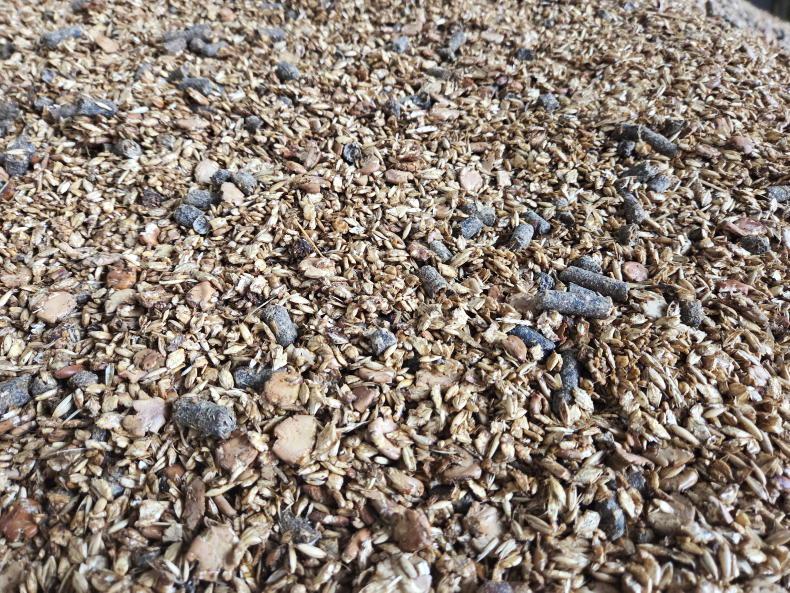While the focus of tension building in Brussels is mainly on Brexit, the EU Council of Agriculture Ministers met on video link to consider several other issues that will affect farmers.
Pigmeat markets are of particular concern as is the health status with African swine fever (ASF) circulating in wild boar in eastern EU regions. With Germany out of the Chinese pork market, recovery in Chinese production and the US exporting record volumes of pigmeat to China, pig prices have fallen dramatically from the high levels achieved last year.
Tension is also building around the EU budget and recovery fund with Hungary and Poland threatening veto as the EU is attaching governance conditions to drawing down funds. Both countries are considered to be operating on the limit of acceptability in terms of citizens human rights.
There was also a fright when vice-president Frans Timmermans appeared to suggest in the Dutch media that the EU Council might pull out of discussions on the CAP because it wasn’t looking green enough. This was rebutted by Commission president Ursula von der Leyen in a subsequent letter.
Mercosur
What will be of particular interest to Irish beef producers was a submission on the “agricultural implications of the EU-Mercosur association agreement”. It was tabled by the Austrian minister on behalf of Slovakia, Romania, Luxembourg and Bulgaria, and as current Council president, Julia Klöckner said in the press briefing afterwards it provoked a lively debate and intense discussion among ministers.
After the meeting, Ireland’s Minister for Agriculture Charlie McConalogue issued a statement saying he took the opportunity of the Austrian submission “to reiterate Ireland’s long-standing concerns in relation to the EU-Mercosur association agreement”. c
In Saintfield, a very small show of 303 lambs sold from 422p to 520p/kg, up 15p/kg
He said that “economic and environmental sustainability issues remain to be addressed, and looked forward to the completion of the Government-commissioned Economic and Sustainability Impact Assessment in this regard”. The use of language is interesting – “concerns” about Mercosur are a long way from committing to opposing it.
Austria providing leadership
Austria, driven very much by environmental concerns, is the lead EU country in outrightly opposing the Mercosur deal, though environmental concerns now have considerable traction in the European Parliament and are well understood by the Commission and Council of Ministers.
The Irish Government has undertaken an economic and sustainability impact assessment
In the lead-up to the agreement in June 2019, Ireland had been to the forefront in making the case against Mercosur in Brussels.
The Irish Government has undertaken an economic and sustainability impact assessment. This may not be very favourable for beef producers, even if, as expected, it recognises the damage that will be caused to the beef sector.
Impact of pharma and technology
The Irish economy is now dominated by the pharmaceutical industry and technology, with the Central Bank reporting in the first three quarters of 2019, 62% of merchandise exports came from pharma, while a further 20% were from machinery and equipment, primarily computer processors.
One of the reasons why Irish tax revenues performed so well in the first half of 2020, despite coronavirus, was the €1.7bn increase in corporation tax.
A Mercosur trade deal would eliminate the 14% tariff currently payable on pharma exports to the region and the 14% to 20% tariffs applicable to machinery and equipment. With nine of the top 10 global pharma companies operating from Ireland, making us the third largest exporter in the world in this sector, it is clear that removal on tariffs on exports to Mercosur would drive further growth in this sector.
We can expect the Government’s impact assessment to crystallise the importance of pharma when its report is published. This is probably the reason why the Minister for Agriculture hasn’t bluntly rejected the Mercosur deal as called for by IFA president Tim Cullinan this week. Farmers will look at how the EU is so forceful in Brexit negotiations to maintain a level playing field so that the UK cannot become an offshore low-cost assembly centre that can flood the EU with manufactured products.
There is opposition to Mercosur on the basis of environmental concerns yet no mention of the competitive advantage it secures through currency management.
If the exchange rate for the Brazilian Real was the same today as at the start of this year, its beef price would be €4.25/kg whereas it is just the equivalent of €2.89/kg because of currency.
This is very far from a level playing field for Irish and EU beef producers, yet the winners in other parts of the economy mean that farmers have a massive challenge in building support for its rejection.










SHARING OPTIONS